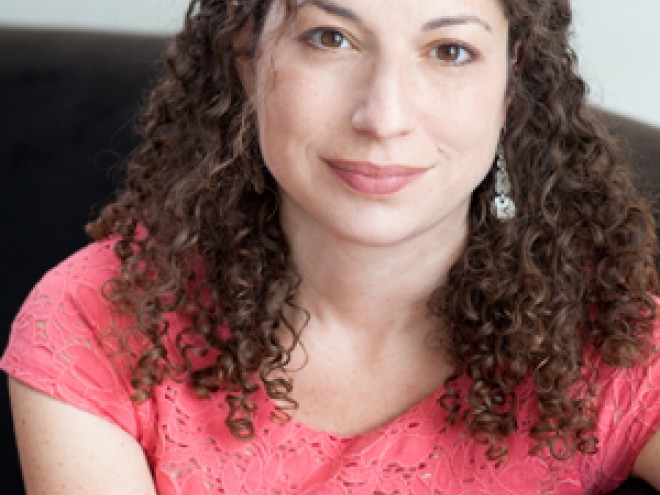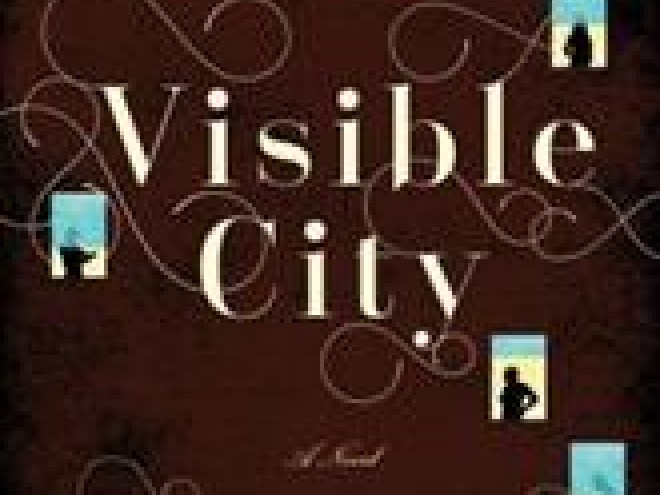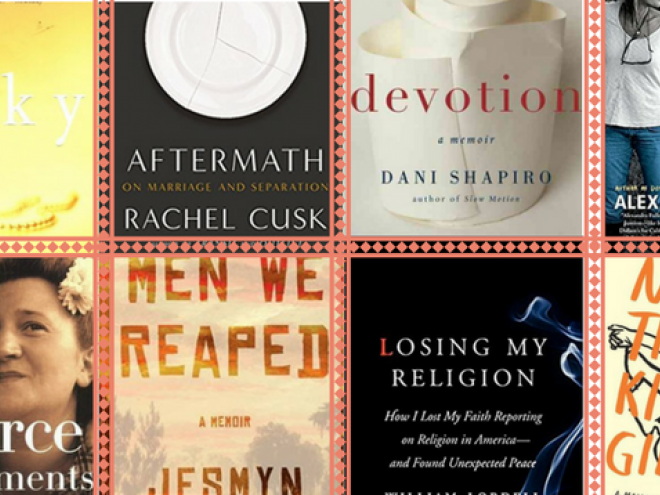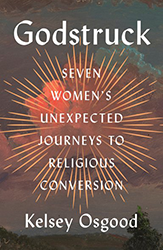Tova Mirvis has spent her literary career writing from personal experience. Her novels focus on family and romantic relationships, on the Jewish Orthodox world, and on how those two things can affect a person. Tradition and responsibility hang heavily over each of her characters.
The same factors burdened Mirvis’s own life. In her recent memoir, The Book of Separation, Mirvis details her realization that Orthodoxy was not her home, even though she was convinced it was for so long. She grew up in a small town, attended an Orthodox school, participated in the Orthodox Youth Movement, and went to an Orthodox seminary in Israel; Mirvis felt like her life was laid out for her — foretold by her ancestors. She married young and followed all the strict rules that young Orthodox couples must follow. She and her husband had three children together, moved to a suburb of Boston, and created a life exactly like that of all other couples in their community. Mirvis hated it and was begging for a way out.
The questions Mirvis asks herself — about what her marriage means to her, how to deal with her kids (who still live in the community from which she has been shunned), and what led her to this juncture — are incredibly personal and yet highly relatable. As the author of such an introspective memoir, Mirvis clearly lived a surface-level existence for too many years. Her internal dilemma even affects her writing. A novel is left unfinished for years because she fears that completing it would require her to make difficult decisions in her own life.
Initially, the book may take some time to get into. Mirvis’s thoughts bombard you, the words riding on her train of thought. Soon however, you realize that she is discovering things about herself along with the reader; her thoughts are not fully formed until they hit the page. The book is a form of therapy, a catharsis. She toils through her decisions and her emotions in a way that only a student of Talmud can.
Mirvis realizes her Orthodoxy is so ingrained in her — going back generations — that shedding this skin will take a great deal of strength. While she hangs onto her old life, she desperately wants to start a new one. Mirvis longs for freedom so much that you want it for her — and then look internally and want it for yourself, too. This book is inspiring in a way it probably wasn’t meant to be; Mirvis wants everyone to live a life of truth and honesty because she didn’t. She has no agenda, no ill-will. Her resentment is towards herself and no one else. Her introspection has led to a new life of empowerment, and she isn’t looking back.





